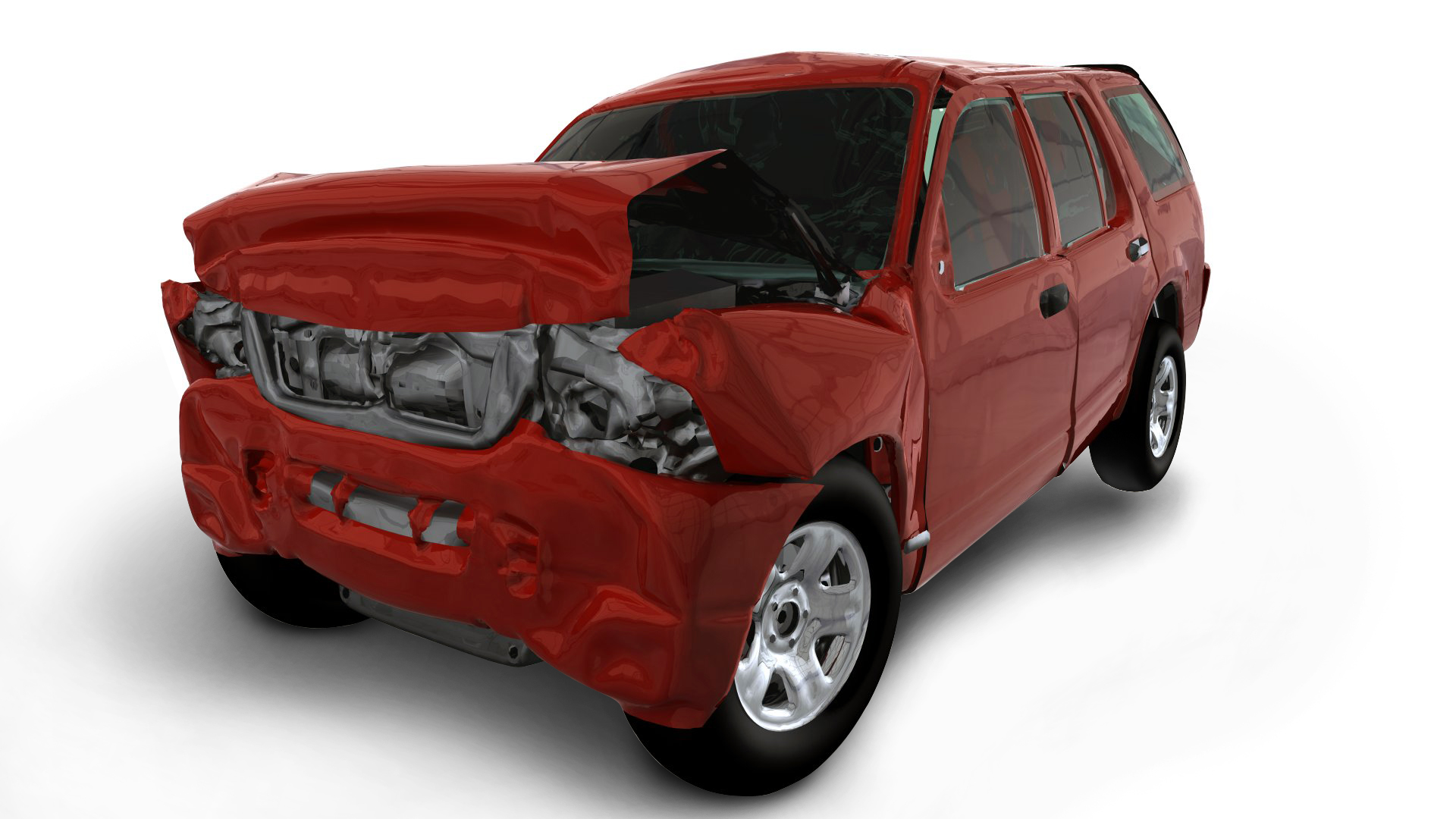Optimizing Automotive Designs with Intel and Altair
It has become a necessity for automobile manufacturers and suppliers to use high-performance computing (HPC) systems and software tools to design, optimize and test advanced engine designs, test fuel efficiency and improve passenger safety. HPC solutions provide automotive manufacturing clients a wide range of benefits to achieve these goals. By implementing the proper software and hardware configurations, automotive companies are able to reduce infrastructure complexity and fragility, increase end user productivity and improve resource usage all while creating superior products at lower costs. Investments in high-performance computing does not just save time and money, it provides auto companies the ability to investigate more design options so they have the opportunity to become more innovative with their solutions.
In particular, there are a variety of CPU challenges that automotive companies face with regard to performing computer-aided engineering (CAE) and crash simulations. There is an ever increasing number of software products available for automotive companies to use for their simulations, many of which are CPU intensive applications. The amount of simulation load cases that need to be conducted are also growing at an exponential rate in order to meet regulation requirements. Currently there are around 30 safety load cases for vehicle crash tests alone. These include testing the different sides of the car (front, back, and sides), its roof and roll overs. Airbag deployment and pedestrian accidents must also be simulated and tested.
The materials that go into building a vehicle are likewise benefiting from better accuracy and additional physics, but this means more simulations are required. For example, finer element meshes are needed for fracture predictions, which account for the manufacturing process and the strength of the material and how it reacts in crashes. Robust stochastic analysis are also critical for the automotive sector and rely on hundreds of runs to test hundreds of variants to be confident in the final results and ensure sensitivity towards the underlying physics and bifurcations in real tests.
Automotive companies rely on Altair and Intel for high-performance computing and CAE solutions to perform and handle these types of simulations in order to achieve competitive benefits.
Altair’s HyperWorks suite, the most comprehensive CAE simulation suite in the market, has several applications running on the Intel® Xeon Phi™ processor. Inside Altair’s suite, solvers are the most CPU demanding applications. In particular RADIOSS Finite Element Analysis solver, which is primarily used for crash and safety simulations, requires a great deal of CPUs to run.
First, we have verified that the standard parallel version of RADIOSS, the one used on Intel Xeon, is working correctly on Intel® Xeon Phi™ processor thanks to binary compatibility. Now, we are working on a specific AVX512 version of the code. According to our initial tests, this version is nearly 30% faster than the standard version. We are in the process of qualifying and optimizing this version, which will be released in a future HyperWorks patch.
The Intel® Xeon Phi™ processor offers additional cores and faster MCDRAM memory. The number of cores and memory bandwidth are critical for obtaining good parallel performance. Our RADIOSS solver, based on MPI and OpenMP hybrid parallelization, is able to leverage those additional cores and gain a sustainable performance increase to reduce the amount of time it takes to reach a solution.
Performance and HPC-class capabilities are critical for our users and with Intel® Xeon Phi™ processor, they will have access to the largest number of cores inside a single CPU in the market. Explicit calculations performed by RADIOSS increasing in size and complexity to address new challenges like CO2 reduction within the automotive industry. Reducing a vehicle’s weight is a main priority for auto companies and requires better predictability of fractures and ruptures. Leveraging Altair’s PBS Professional in conjunction with Intel® Xeon and Intel® Xeon Phi™ processor allows engineers to further reduce the time it takes to reach a solution to reduce the weight an improve prediction capabilities. The workload manager allows the engineers to focus on their work instead of managing HPC systems. For a code like RADIOSS, more cores mean more scalability and therefore better performance.
Beginning with HyperWorks 14.0, Altair customers have the option to choose between two licensing options. Companies can still leverage our floating license, which is based on HyperWorks Units and the number of cores consumed on a network running HyperWorks applications, or customers can now select a licensing model based on the total number of nodes. This new option is an innovative licensing model particularly well suited to maximize ROI of our customers running on many cores architecture like Intel® Xeon Phi™ processor. With Altair’s HyperWorks and PBS Works suites running on Intel® Xeon Phi™ processor, users are able to achieve the best performance and improve their workload and optimize their designs.





